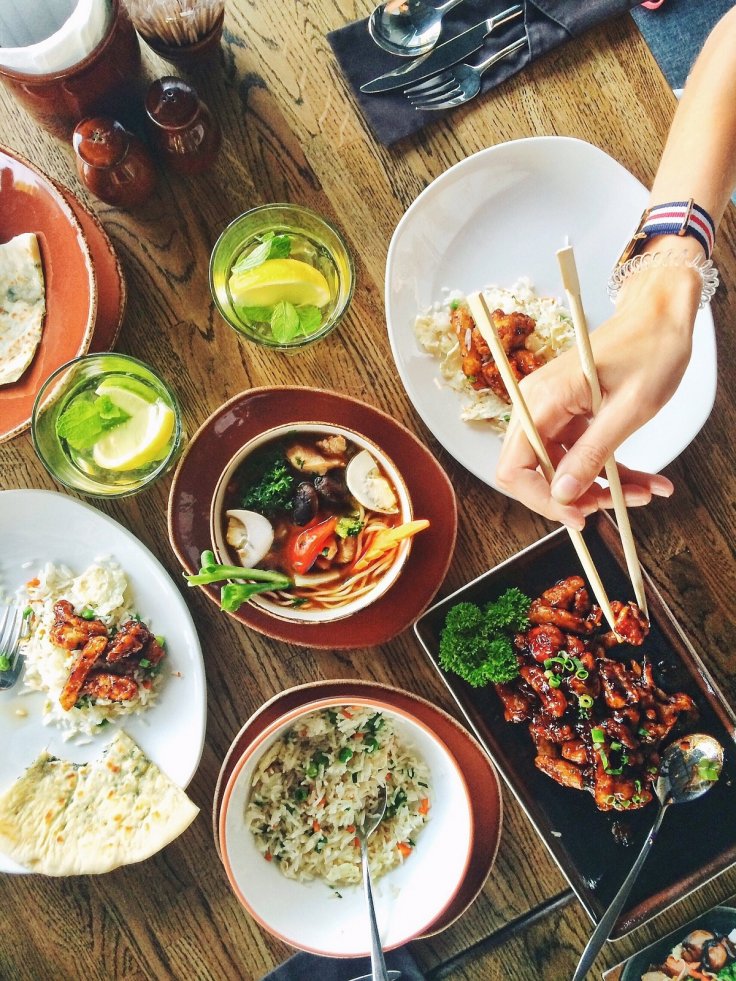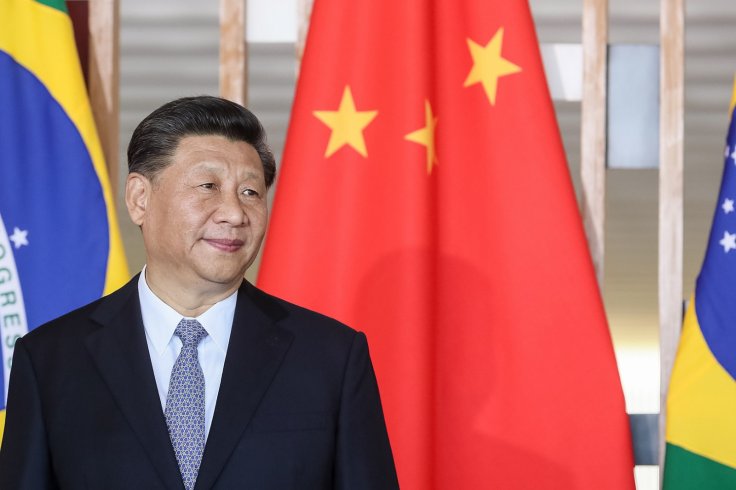Food waste is a big problem around the world. Nearly 80 billion pounds of food are wasted each year in the US alone — that's about 40 percent of the entire food production. Around the world, about 1.3 billion tons of food get wasted every year. While the United Nations has begun raising awareness about the problem, China will soon pass a new law, imposing fines on people who waste their portions.
After the controversial "One Child" policy to control the population explosion, China is embarking on a new journey to restrict food waste. Called 'Operation Empty Plate', China's President Xi Jinping launched a program back in August 2020, calling out local authorities to monitor food waste and encourage businesses to serve a dish less than the number of customers in a group.
"Waste is shameful and thriftiness is honorable. We should still maintain a sense of crisis about food security. The impact of this year's Covid-19 pandemic has sounded the alarm," Xi said in a speech in August, adding that food waste in China was "shocking and distressing".

Operation Empty Plate
In China, around 45 million tons of food are wasted every year, according to the China Academy of Science's 2015 report. The wasted food was enough to feed 30-50 million people annually. Considering that, the campaign will now be turned into a new law under which excessive eating will also be prohibited and non-compliance will attract huge fines. The draft law was submitted to the Standing Committee of the National People's Congress on Wednesday (December 23).
Under the law, restaurants and any foodservice operators will face fines up to 10,000 yuan (roughly $1,530) if they mislead customers in ordering excessive meals that could lead to "obvious waste". The law will also allow restaurants to charge customers extra if they have excessive leftovers. After Xi's announcement, Wuhan's local authorities set up a system called "N-1 dining initiative" where restaurants were asked to serve one less dish than ordered.
Following Wuhan Catering Industry Association's decision, other cities like Xianning and Xinyang also imposed similar rules. In Chongqing, local authorities set up LED screens to "establish a frugal consumption reminder system" that will remind customers to eat reasonably while restaurant workers would supervise them.
Apart from that, TV channels, radio or online outlets will also be held responsible if they promote food waste or overeating. That means, shows where hosts "binge eat' or try to finish a big portion or monster burgers will be banned. Such challenges will be deemed unlawful as per the new law. If they are found flouting the rules, those outlets will face fines up to 100,000 ($15,300) yuan and their businesses will be suspended pending "rectification", the Guardian reported.

People Not Happy
While the law is aimed at reducing food waste, many people are not happy. They believe that instead of raising awareness, the law is overkill and "idealistic". Others fear that the law will help restaurants to offer smaller portions at a higher price.
"As a business, who would punish its own customers?" one person said on Weibo. "Instead of this kind of bill, it is better to regulate the standard of the amount of food for foodservice, requiring foodservice to provide medium and small portions."
Another raised question about food quality. "I will pay attention to the portion when ordering, and I will pack the leftovers. However, sometimes it's true that the food cannot be swallowed because the food is unpalatable. I hope that the legislative provisions can take this into account," the individual said.
Others questioned party officials throwing lavish meals. "Can you first limit the dining of officials? Don't always take away from the people," one said.
One user pointed out class divisions, saying it was aimed at the poor and not the rich. "This seems aimed at us bottom class, but we are already thrifty. This will mean nothing to the rich," the user said.








